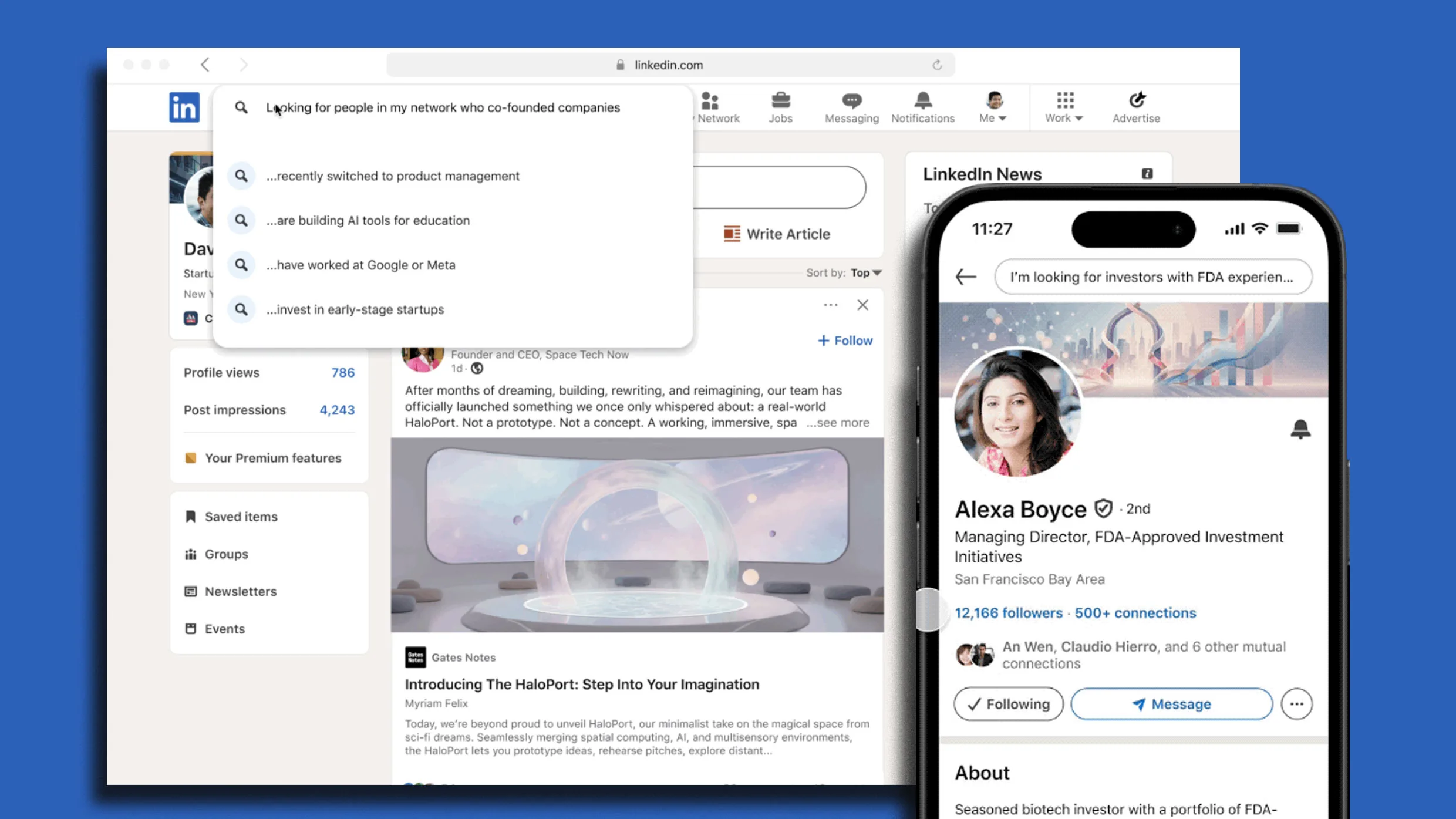Don’t miss out on our latest stories. Add PCMag as a preferred source on Google.
Elon Musk’s brain implant start-up, Neuralink, plans to launch a US clinical trial next month of a device that it says can translate thoughts into text.
The company’s president and co-founder, Seo Dong-jin, claims that the US Food and Drug Administration has granted Neuralink an “investigational device exemption” ahead of the trial, allowing it to test unapproved products in humans, according to Bloomberg.
“If you’re imagining saying something, we would be able to pick that up,” Seo said about the device in a presentation in Seoul, South Korea.
The company said it aims to implant the device in a healthy person by 2030, with it eventually becoming a commercially available consumer technology. Seo said this type of device will eventually enable people to interact with large language models (LLMS) without using a keyboard or voice input, with the models’ outputs fed back to the user via their AirPods, effectively “closing the loop,” in his own words.
If they work properly, devices like these would be life-changing for those with neurodegenerative diseases like ALS or spinal injuries, which affect speech.
The news comes as Neuralink is ramping up its testing on real-life humans. Earlier this month, Neuralink confirmed that 12 people now have its N1 brain implant, a fourfold increase since February 2025. The N1 implant can allow people to control a cursor with their brain, allowing them to send emails or type messages.
Recommended by Our Editors
If you’re not fond of the idea of an Elon Musk-controlled company putting implants in your brain, you might be pleased to know that plenty of other firms are working on brain-to-text interfaces. In August 2025, researchers at Stanford claimed they could, at least in principle, decode the brain’s “inner speech,” for example, someone thinking the word “banana.” But the researchers admitted it didn’t work as well as it did for “attempted speech,” for example, a vocally disabled person attempted to say the word “banana.”
In March, Meta announced it had created a brain-to-text technology that could predict what letter a skilled typist pressed as much as 80% of the time, making it possible to construct full sentences. However, the system is unlikely to ever see commercial release. It needs very specific in-lab circumstances to work, costs $2 million, and weighs half a ton.
Meta’s technology would also still need you to physically type the words, even though the system could detect them without looking at the screen or your fingers.

Get Our Best Stories!
Your Daily Dose of Our Top Tech News

By clicking Sign Me Up, you confirm you are 16+ and agree to our Terms of Use and Privacy Policy.
Thanks for signing up!
Your subscription has been confirmed. Keep an eye on your inbox!
About Our Expert

Experience
I’m a reporter covering weekend news. Before joining PCMag in 2024, I picked up bylines in BBC News, The Guardian, The Times of London, The Daily Beast, Vice, Slate, Fast Company, The Evening Standard, The i, TechRadar, and Decrypt Media.
I’ve been a PC gamer since you had to install games from multiple CD-ROMs by hand. As a reporter, I’m passionate about the intersection of tech and human lives. I’ve covered everything from crypto scandals to the art world, as well as conspiracy theories, UK politics, and Russia and foreign affairs.
Read Full Bio









